Marketing Plan for Travel Agents
Unlock your potential: Join Vincent Vacations and gain access to proven marketing strategies tailored for travel agents. Target the right clients: Learn how to identify and attract your ide...
Unlock your potential: Join Vincent Vacations and gain access to proven marketing strategies tailored for travel agents. Target the right clients: Learn how to identify and attract your ide...
Unlock your potential with a tailored marketing plan designed for travel agents at Vincent Vacations. Benefit from expert guidance and resources to target your ideal clients effe...
Looking for all-inclusive resort destination wedding travel agents and packages?
Discover how Vincent Vacations empowers your journey with cutting-edge tools, websites, and support.
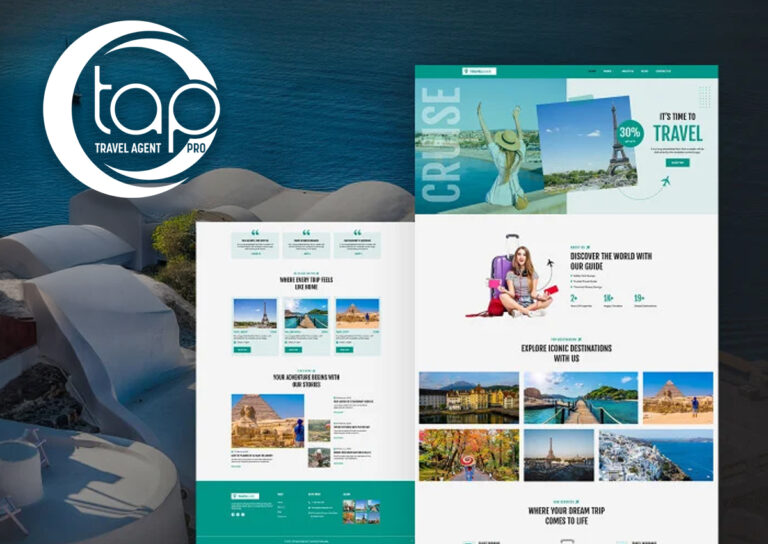
As a travel agency owner, your passion is crafting unforgettable experiences for your clients-not wrestling with HTML, plugins, or server hosting and maintenance. At Vincent Vacations, we bridge the gap between your expertise and your online presence...
Read More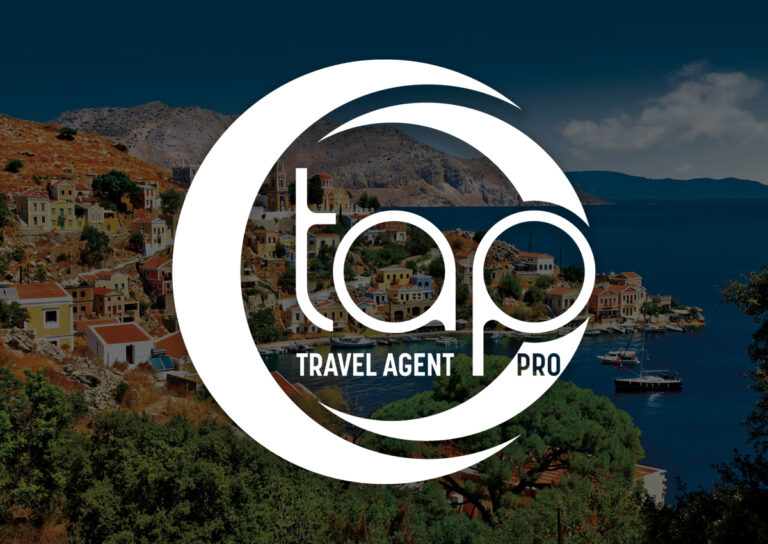
Your experience deserves a host that matches your ambition. The travel industry has evolved rapidly. As we step into 2026, the landscape for travel advisors is no longer just about booking trips-it's about curating hyper-personalized experiences...
Read More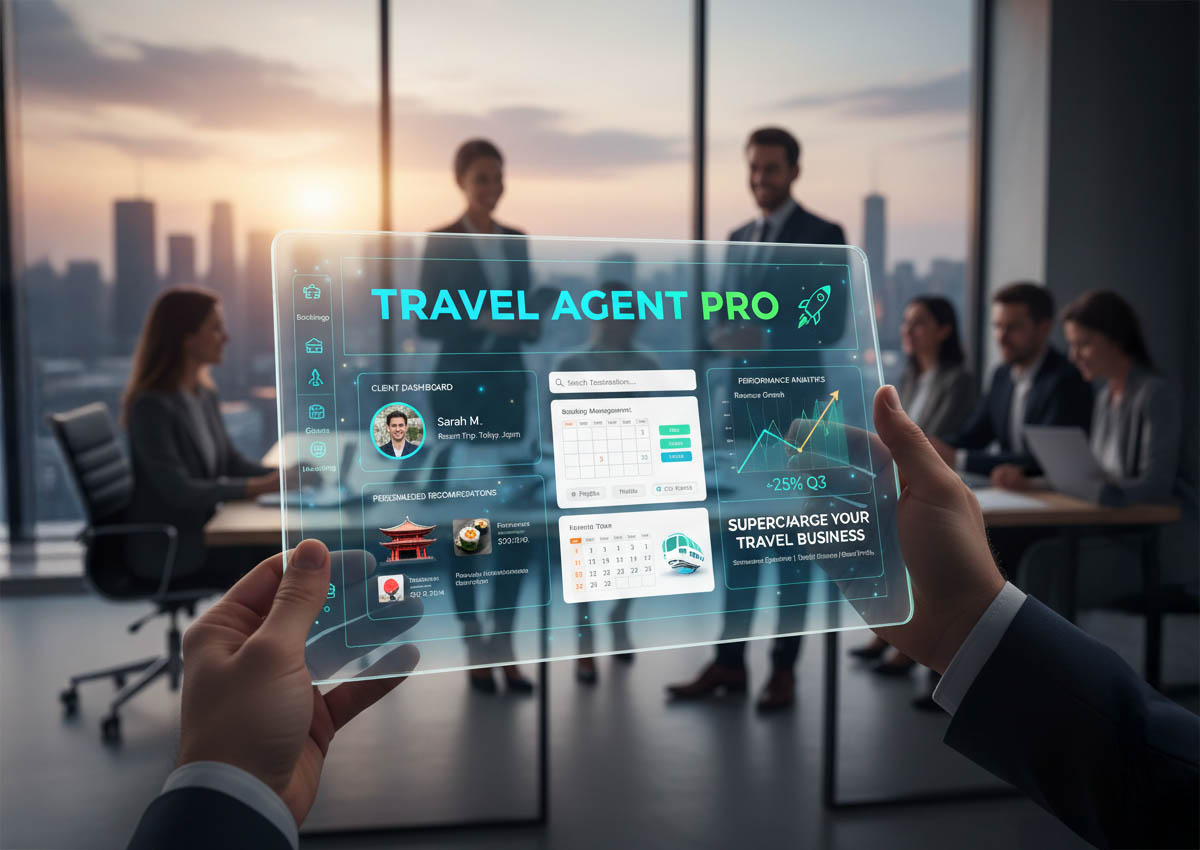
When you join Vincent Vacations, you get more than just a host agency-you get a complete, ready-to-use business ecosystem. We believe in providing instant, tangible value, which is why your membership includes a full license for VacationCRM...
Read More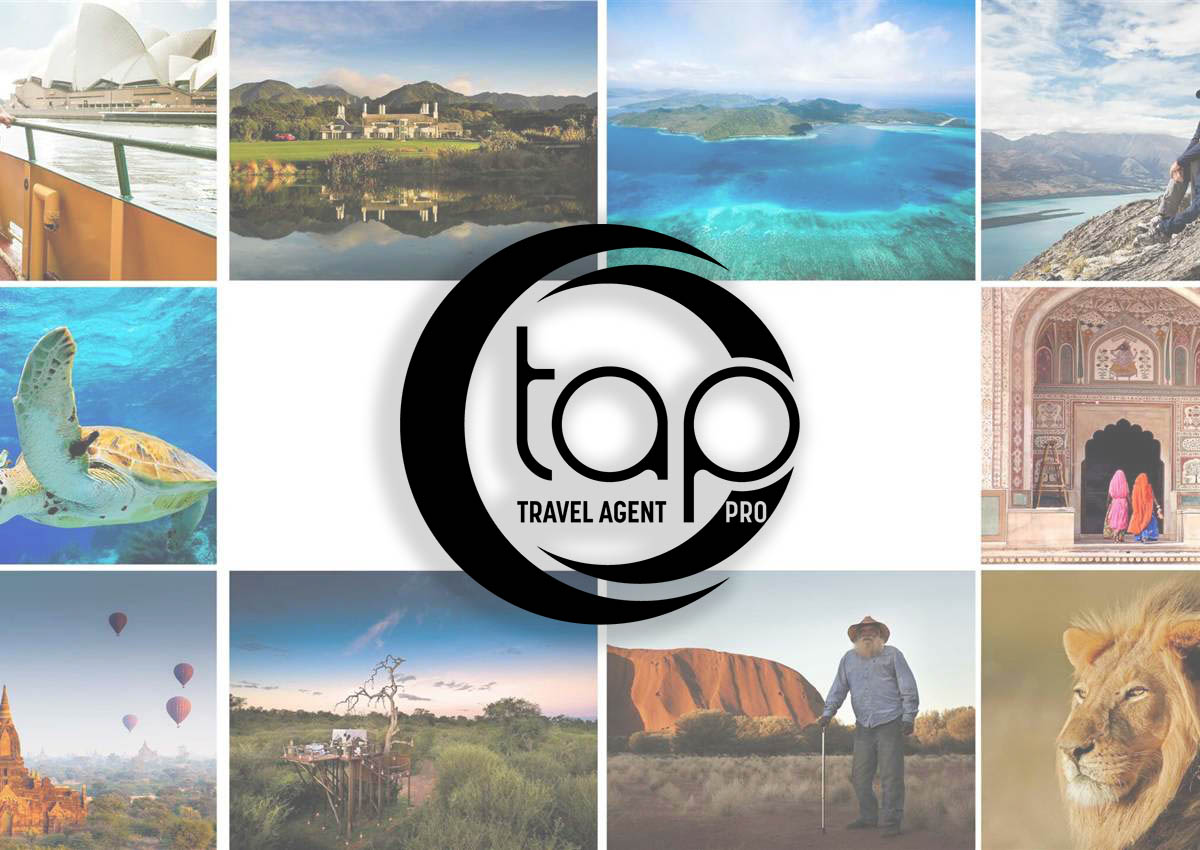
Vincent Vacations isn't just another host agency-it's a community built for travel professionals who want access to the best preferred partner programs and the freedom to grow their own business with confidence. Whether you're new or seasoned...
Read More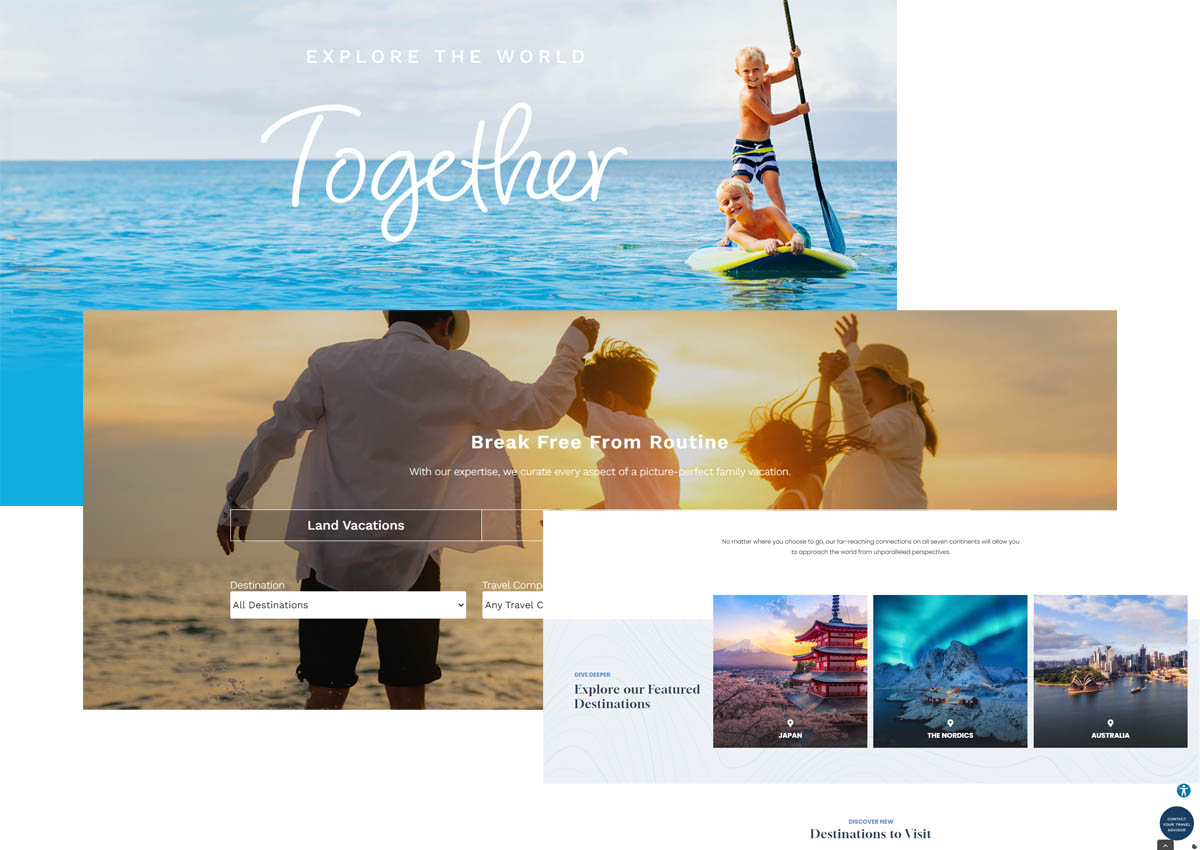
In an online world flooded with travel agents, capturing attention requires more than just presence-it demands a strategy that makes you unforgettable. Your expertise is your strongest asset, but how effectively are you showcasing it...
Read More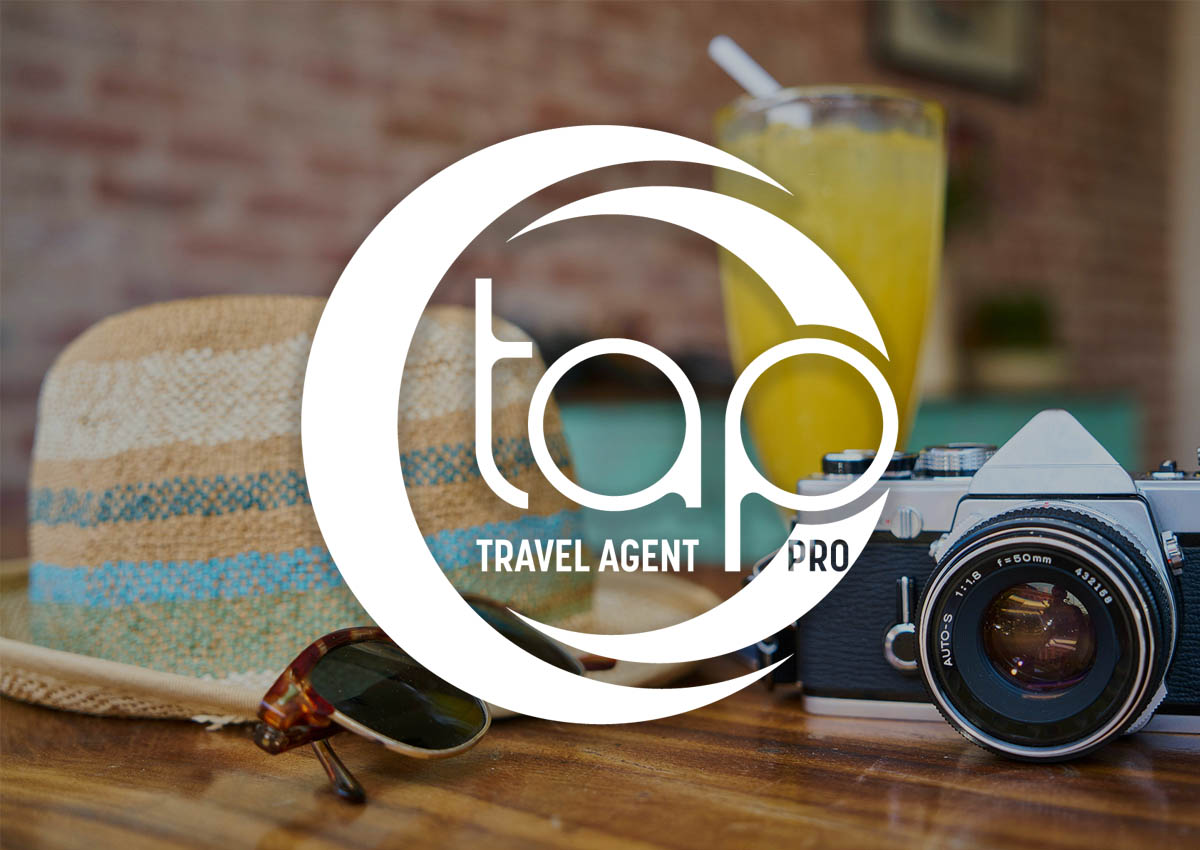
At Vincent Vacations, we've built our platform specifically for seasoned professionals like you, offering an unparalleled combination of the highest commission splits, low fees, and a clear path to increasing your income...
Read MoreIn business since 2013, we are your #1 source for travel!
See more